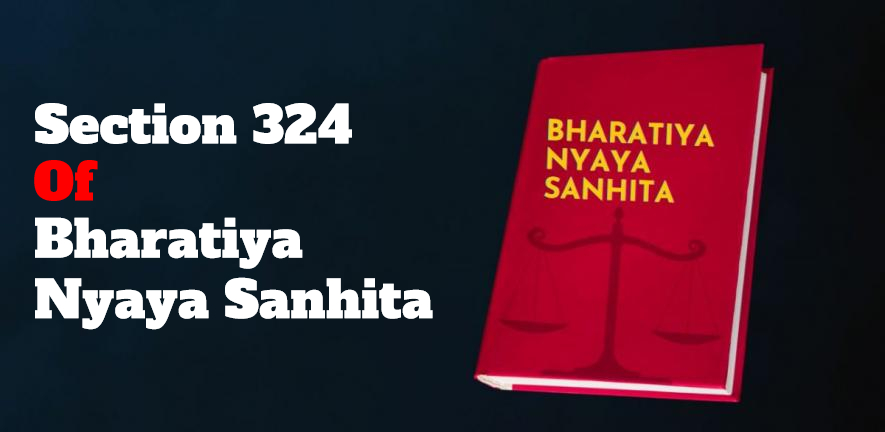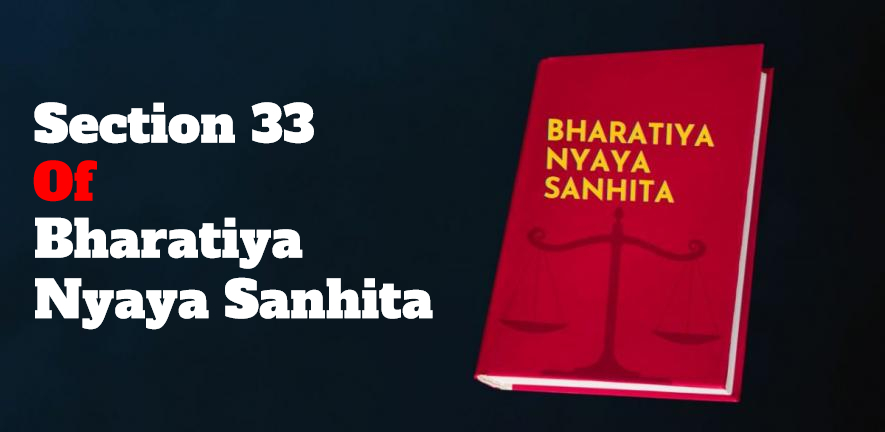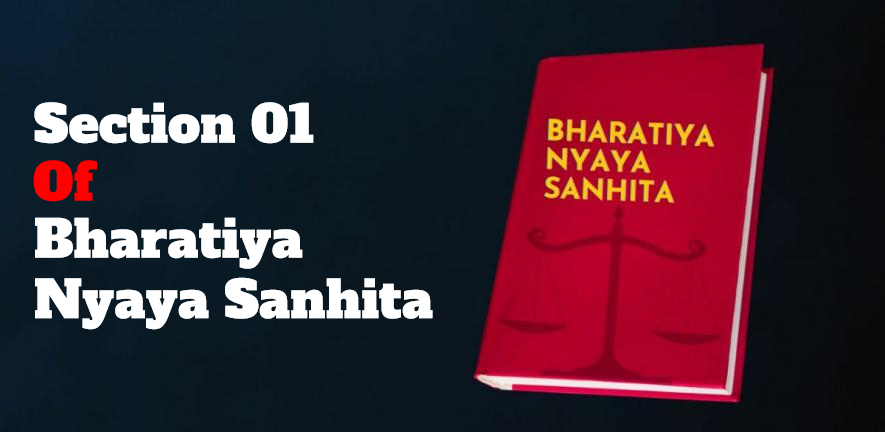Section 324 BNS
Section 324 of the Bharatiya Nyaya Sanhita (BNS) pertains to the offense of mischief. The key provisions of this section include:
- Definition of Mischief: The section defines mischief as causing damage or loss to property. Specifically, it states that if a person commits mischief resulting in damage or loss amounting to one lakh rupees or more, they shall be punished with imprisonment.
- Punishment: The punishment for committing mischief under this section can include imprisonment for a term that may extend to three years, or with a fine, or both. If the mischief results in damage or loss of less than one lakh rupees, the punishment may be less severe, including imprisonment for a term that may extend to one year, or with a fine, or both.
- Context of Application: This section is part of the broader legislative framework of the BNS, which aims to consolidate and amend the provisions relating to offenses in India, replacing the Indian Penal Code (IPC) of 1860. The BNS introduces various changes, including the categorization of offenses and the penalties associated with them, reflecting contemporary societal needs and legal standards.
Overall, Section 324 of the BNS is designed to address the crime of mischief with a structured approach to punishment based on the severity of the offense.
What are the key differences between Section 324 of the Bharatiya Nyaya Sanhita and the Indian Penal Code
The key differences between Section 324 of the Bharatiya Nyaya Sanhita (BNS) and the corresponding provisions of the Indian Penal Code (IPC) primarily revolve around the definitions, punishments, and procedural aspects of the offenses.
Definition of Offense
- BNS Section 324: This section addresses mischief, specifically stating that if a person causes damage or loss amounting to one lakh rupees or more, they can face imprisonment of up to three years, a fine, or both. It emphasizes the monetary threshold for the offense and focuses on the act of mischief itself
- IPC Section 324: This section pertains to voluntarily causing hurt by dangerous weapons or means. It involves the use of dangerous instruments to inflict injury, which is a more specific and violent offense compared to the broader concept of mischief in the BNS. The IPC does not set a monetary threshold for the offense, focusing instead on the nature of the injury caused.
Punishment
- BNS Section 324: The punishment can include imprisonment for up to three years, a fine, or both, depending on the severity of the damage caused. The emphasis is on the financial impact of the mischief committed.
- IPC Section 324: The punishment for this section can also include imprisonment for up to three years, but it is categorized as a non-bailable and non-compoundable offense. This means that the accused cannot secure bail easily, and the offense cannot be settled outside of court.
Procedural Aspects
- BNS Section 324: The BNS introduces a more structured approach to offenses, potentially allowing for different interpretations and applications of the law, given its focus on broader categories of crime and community service as a punishment option in other sections.
- IPC Section 324: This section allows police officers the right to arrest without a warrant, indicating a more immediate law enforcement response to the offense. It is also triable by any magistrate, which may allow for more flexibility in legal proceedings.
Summary
In summary, while both sections address offenses involving harm, the BNS focuses on the financial implications of mischief, whereas the IPC addresses the use of dangerous means to cause injury. The procedural implications and the nature of punishments also differ, reflecting the broader reforms introduced in the BNS compared to the IPC.

Adv Ashish Sharma has dedicated his career to helping individuals and businesses navigate the intricate legal landscape with confidence. From providing expert advice on current legal issues to offering clear explanations of legal principles, he strives to empower his audience with knowledge and understanding.


